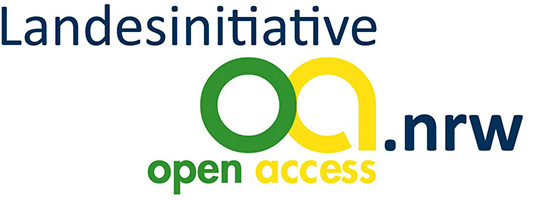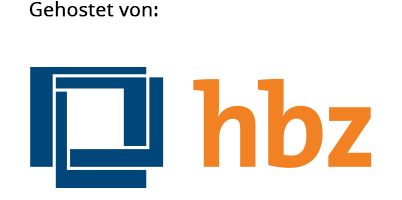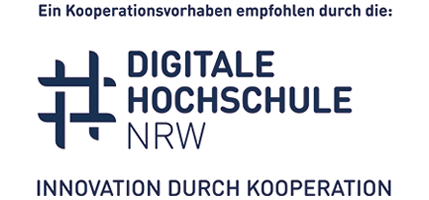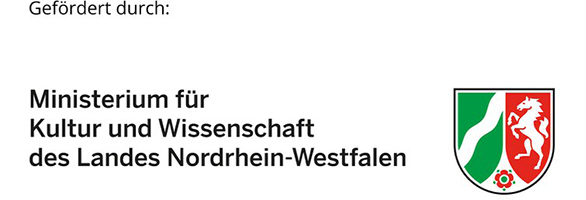Entwicklung einer KI-basierten Reihenfolgestrategie für Hochregallager mit autonomen Fahrzeugen
DOI:
https://doi.org/10.2195/lj_Proc_schloz_de_201912_01Keywords:
Deep Reinforcement Learning, Durchsatzoptimierung, Lagerstrategien, Shuttle-SystemAbstract
Using Artificial Intelligence (AI) in particular machine learning algorithms to solve problems in practice and research is widespread and established in several areas. However, there is still a research gap in the formation of storage strategies in high-bay warehouses with autonomous vehicles (AVS/RS). One of the AI methods that has recently attracted attention is Reinforcement Learning (RL), which includes deep learning. This paper presents how deep reinforcement learning can be used to develop a sequencing policy for AVS/RS.Downloads
Published
2019-12-20
How to Cite
Schloz, F., Kriehn, T., Schulz, R., & Fittinghoff, M. (2019). Entwicklung einer KI-basierten Reihenfolgestrategie für Hochregallager mit autonomen Fahrzeugen. Logistics Journal: Proceedings, (15). https://doi.org/10.2195/lj_Proc_schloz_de_201912_01
Issue
Section
Artikel








